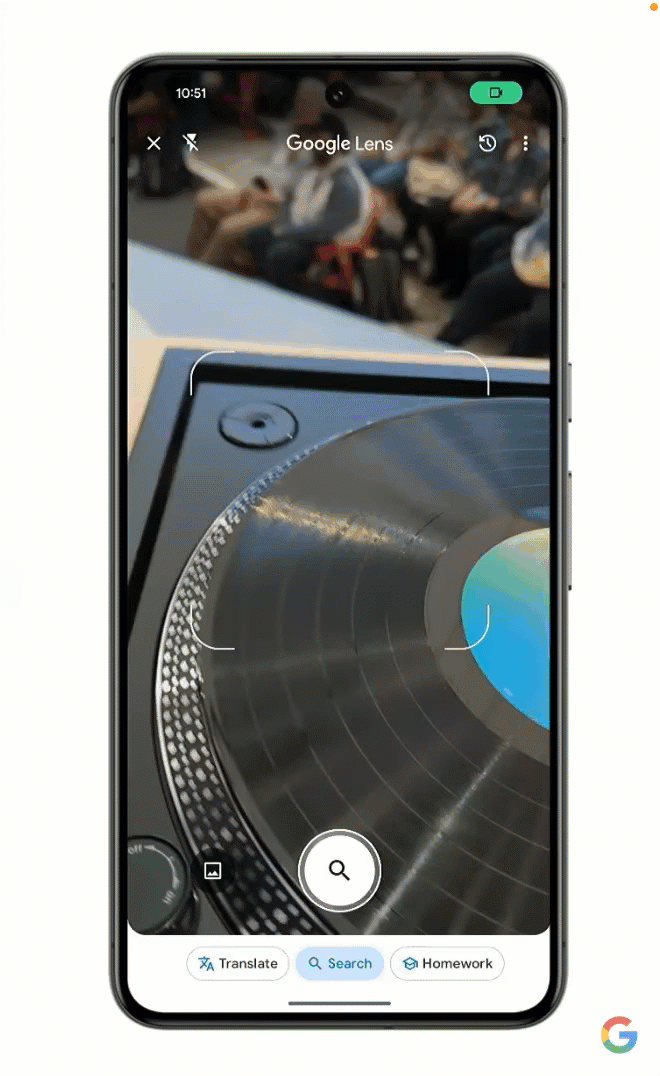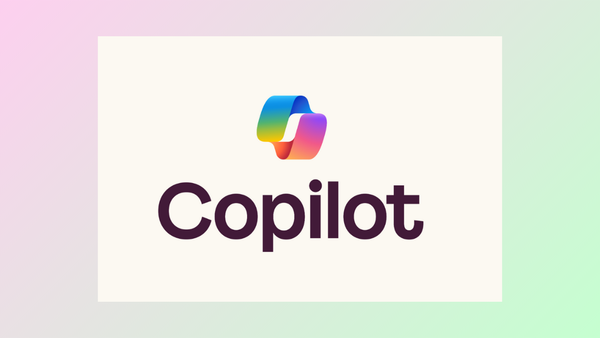Have you ever opened your web browser intending to look up a topic but are stuck finding the right words? You have an idea about what information you are seeking, but cannot put it into explainable words that Google might understand.
Or have an elderly parent or grandparent at home who has trouble using the traditional search option due to a disability or medical issue? If so, Google has some news for you.
At its I/O Developer Conference this year, Google announced a ton of AI-related features and updates coming to Google Search. Among these was 'Ask With Video', a new way to search for information online using videos. This new feature can be a game changer in how people use Google search and promises to be a major improvement as far as accessibility is concerned. Let's discuss what 'Ask With Video' is in detail.
What is Google's 'Ask With Video'?
Ask With Video allows users to record a video on the topic and ask Google a question on it. It will rely on Google Lens, which already helps you find information in a photo. Google's Gemini AI will then break down the video with the help of deep visual understanding and Google's speech models and try to comprehend the query before finding all relevant information that answers it.
Google Search will scour the web, looking for information from videos, forums, articles, etc., and then show you the information in an AI overview. For instance, you can use the Ask With Video feature while playing a video of a defective record player. This will cause the AI to identify the model of the record player, determine what is wrong with it, and inform you about the problem.

You can use Ask With Video with other Gemini features, which makes it even more powerful as it lets you get answers to more complex questions.
How 'Ask With Video' Will Change Search
Ask With Video is going to be an incredibly helpful accessibility tool and can help users with accessibility problems find answers to their questions easily. You may struggle to put something into words to explain it to Google when searching for something. Because of this, the search results may not show the answers you are looking for.
With Ask With Video, you can simply use a video describing your problem or question and search for the answers. You do not have to worry about being unable to explain the problem clearly, as the AI will automatically understand it by analyzing the video.
The feature also helps improve search engines, which have traditionally relied on exact words and descriptions to provide answers. With Ask With Video, search engines can understand what to look for even if you cannot provide a query using exact words and phrases. Thus, it makes these search engines more useful for the elderly, who often have trouble understanding and using the latest technologies.
Similarly, for searches with visual elements that may have multiple interpretations, Ask With Video can provide more relevant answers by combining text with video.
Additionally, people who have trouble typing their queries can completely avoid having to enter their problems in a search engine. They can just use a video on the topic to ask a question.
A Few Questions Remain
While Ask With Video offers a new and easier way of searching for information online, there are a few questions that Google has yet to answer about the feature. Firstly, we do not yet know whether users who prefer typing a query can do so instead of using speech with Ask With Video.
Being allowed to do both will expand the usability of the feature to a wider audience and can be handy in situations where you might prefer to use text instead of speech.
Another question is whether you can use an existing video for your search or have to record one in real-time with Google Lens to use with Ask With Video. Ideally, being able to do both would make the feature more helpful.
Google's Ask With Video is going to be a boon for millions of people who have trouble finding information using traditional search options. By allowing you to use videos along with text, it will ensure the search engine correctly understands what you are searching for and provide you with relevant results.
While we do not know when the feature will become available, it will be first launched in the US in English via Search Labs.











Member discussion